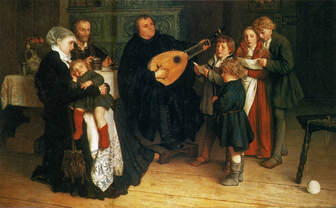 How The Reformation Transformed Marriage and the Family To view this presentation as a PowerPoint, click here. To view this presentation as a video, click here. To listen to the audio of this message, click here. Martin Luther Reformed Marriage and the Family Martin Luther, the German Reformer, is generally remembered as the Theological professor, the Bible translator, the writer, even as the composer of hymns. However, Martin Luther was also a husband and a father of six children. He provided the Church its first and most prominent example of a pastoral family. Marriage Needs Reformation While still a celibate priest, Luther wrote extensively on marriage. He saw marriage as an institution in as much crisis as the church - and no less in need of reform. The Family is the Basic Building Block of Society Martin Luther was a leading defender of the dignity of women and the foundational importance of marriage. Luther placed the home "at the centre of the universe." His teaching on marriage and the family (and his personal example) were so radical and so long-lasting that it profoundly and permanently altered the home. If his innovations don't seem so radical to us, it is because of his success in establishing these principles as Christian ideals. 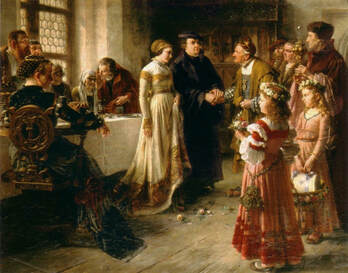 The Celibate Ideal of the Middle Ages For a thousand years, the single, celibate life had been upheld as the Christian ideal. Sex, though grudgingly permitted inside marriage, was not to be enjoyed. As the Church father, Jerome, declared in the 4th century: "Anyone who is too passionate a lover with his own wife is himself an adulterer." Augustine advocated sexual relations within marriage to be without emotion and primarily for procreation. A catechism of the Catholic Church written in 1494, applies the third deadly sin (impurity) to married people enjoying sex within marriage. The Insidious Influence of Pagan Greek Philosophers Martin Luther, however, declared war on Greek philosopher Aristotle's depiction on women as "botched males". Luther also criticised Jerome, Cyprian, Augustine, Gregory and other Church fathers for "never having written anything good about marriage." 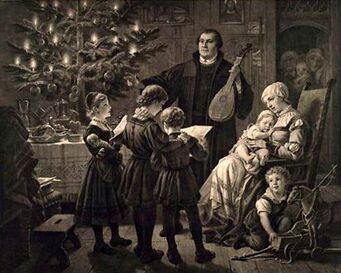 Rejecting the Catholic Celibate Ideal of Monasteries and Convents Luther and the first generation of Protestant Reformers rejected this tradition of over a thousand years, of ascetic sexuality - in both their Theology and their lives. The Reformers rejection of the celibate ideal of the Middle Ages was as great a revolution in the home as their teachings were in the Church. Luther literally transferred the praises and esteem that Christians had traditionally heaped upon the celibate monks and nuns, to marriage and the home. Marriage is Essential Luther described marriage as the only institution where a chaste life could be maintained. He insisted that "one cannot be unmarried without sin." Marriage is Natural "Marriage pervades the whole of nature". Luther taught that nothing was more natural and necessary than marriage, "for all creatures are divided into male and female." 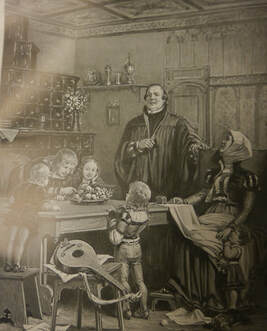 Rescuing the Inmates of Cloisters and Nunneries Luther actively encouraged fathers to remove their daughters from convents. Protestant towns and territories dissolved the cloisters and nunneries and freed women from the sexual repression, cultural depravity, dominance by male clergy and other Catholic practices. Wherever the Reformation succeeded monks and nuns who wished to marry received automatic permission to do so. Women are Essential for Civilization Luther had a high regard for the ability of women to shape society by moulding its youth and civilising its men through the institution of marriage. “A companionable woman brings joy to life" Luther wrote. "Women tend to and rear their young, administer the household and are inclined to compassion. God has made them compassionate by nature, so that by their example men may be moved to compassion also." Children are a Blessing from God Luther also wrote: "People who do not like children are swine, dunces and blockheads, not worthy to be called men and women, because they despise the blessings of God, the Creator and Author of marriage." 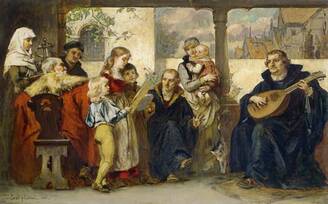 The Best School for Sacrificial Service is Marriage and Parenthood "Love begins when we wish to serve others." There is no better school for humility and for loving sacrificial service than marriage and parenthood. Cowards Flee Responsibility – Parents make the Best Pastors Luther wrote that his entrance into the monastery was "a cowardly act". He saw marriage and fatherhood as an essential requirement for effective pastors. Luther had six children (Hans, Elizabeth, Magdalene, Martin, Paul and Margaretha). The Most Sacrificial Love is That of a Loving Parent Luther urged parents to always discipline their children with forethought and caution, taking into account the unique personality of each. He taught that: "no power on earth is so noble and so great as that of parents." 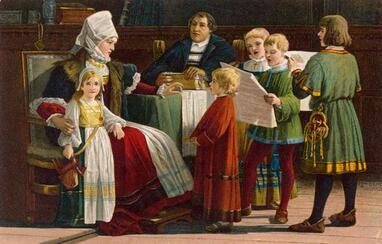 Love in Marriage Luther also wrote: " There is no bond on earth so sweet nor any separation so bitter as that which occurs in a good marriage." Abiding Love "A wife is easily taken, but to have abiding love, that is the challenge. One who finds it in his marriage, should thank the Lord God for it. Therefore, approach marriage earnestly and ask God to give you a good, pious girl, with whom you spend your life in mutual love. For sex alone establishes nothing in this regard; there must also be agreement in values and character." Protection from Abuse Because of the importance attached to companionship in marriage the Reformers endorsed, for the first time in the Western Christendom, genuine divorce and remarriage. Although they viewed marriage as a spiritual bond transcending all other human relationships, a marriage could definitely end this side of eternity and a new one begin for separated spouses. "Christ permits divorce for adultery and compels none to remain unmarried thereafter; and St. Paul would rather have us remarry than burn now with lust and later in hell." Grounds for Divorce Protestants, in contrast to Catholics, generally permitted divorce and remarriage on five grounds: adultery, willful abandonment, chronic impotence, life-threatening hostility and willful deceit. The Strassburg Reformer, Martin Bucer, declared that no proper marriage exists where affection is not regularly shared and where all conversation has ceased. 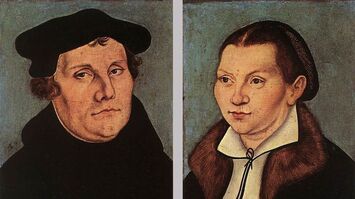 The Need to Nurture Protestant marriage courts did not permit divorce and remarriage to occur without first making every effort to re-unite the estranged couple and to revive the dead marriage. However, the Reformers held that the community formed by husband and wife was so fundamental to society, that when all conversation, affection and respect between a husband and wife had irretrievably broken down, it could not be allowed to continue. The marriage bond was so important that one had to fight to save it, and failing success in genuine restoration, the marriage should be recognised to have come to an end. Refuse from Abuse Never before had women been empowered to divorce abusive husbands. Women from all over Europe fled to Protestant areas, particularly Geneva, to find protection and freedom from abuse. Homemakers Luther wrote: "Women have narrow shoulders and wide hips. Therefore they ought to be domestic. Their very physique is a sign from the Creator that He intended them for the home." Luther also wrote: "In domestic affairs, I defer to Katie, otherwise I'm led by the Holy Spirit!" 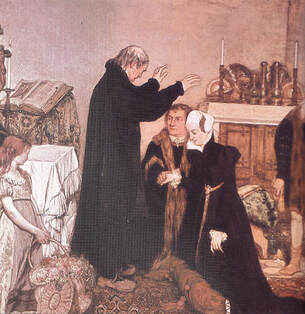 Katherine Luther Luther's wife, Katherine, was smuggled out of a cloister, hidden in an empty herring barrel. She became a model housewife and an accomplished businesswoman. Luther dubbed her: "the morning star of Wittenberg" as her day began at 4:00am. Even in his last will and testament, Luther revolutionised the home by ignoring the prevalent practice of appointing a male trustee to administer the estate. Luther directly designated his wife Katherine "heir to everything." Love Covers Over a Multitude of Sins Luther wrote: "It is impossible to keep peace between man and woman in family life if they do not condone and overlook each other's faults, but watch everything to the smallest point. For who does not at times offend?" 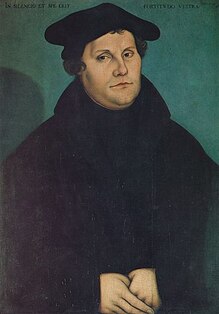 Hospitality Luther's home was described as "half home, half hotel". The Luther’s housed up to 30 people in their home at a time - students, orphans, the sick and former monks and nuns. Even on his wedding night, Luther couldn't refuse a person in need. At 11:00pm, after all the guests had left, the radical Reformer and critic of Luther, Andreas Karlstadt, knocked at the door. Karlstadt was fleeing the Peasants' War and needed shelter. Luther took him in. Daily Family Devotions Luther not only made the Bible part of the daily routine in the home, but he also made the singing of hymns central. He played the flute and the lute, and led his children in singing hymns of praise. Scripture Memorization He also introduced the Catechism to explain the Faith to children, incorporating Scripture memorisation in the daily routine. Focus on the Family Perhaps it is time for us to recognise Martin Luther as the true and original founder of Focus on the Family. Dr. Peter Hammond
Africa Christian Action PO Box 23632 Claremont 7735 Cape Town South Africa [email protected] www.ChristianAction.org.za www.ReformationSA.org
0 Comments
Leave a Reply. |
History ArticlesCategories
All
Archives
May 2023
|
- Home
-
History Articles
- History Articles
- All Categories
- Character Studies
- Greatest Century of Missions
- Greatest Century of Reformation
- Reformation In Bohemia
- Reformation In England
- Reformation In France
- Reformation In Geneva
- Reformation In Germany
- Reformation In Italy
- Reformation In Scotland
- Reformation in Switzerland
- Victorious Christians
- Contemporary Articles
- Resources
- Contact
- Donate
|
The Reformation Society
PO Box 74, Newlands, 7725, South Africa Tel : (021) 689-4480 Email: [email protected] Copyright © 2022 ReformationSA.org. All rights reserved |
- Home
-
History Articles
- History Articles
- All Categories
- Character Studies
- Greatest Century of Missions
- Greatest Century of Reformation
- Reformation In Bohemia
- Reformation In England
- Reformation In France
- Reformation In Geneva
- Reformation In Germany
- Reformation In Italy
- Reformation In Scotland
- Reformation in Switzerland
- Victorious Christians
- Contemporary Articles
- Resources
- Contact
- Donate
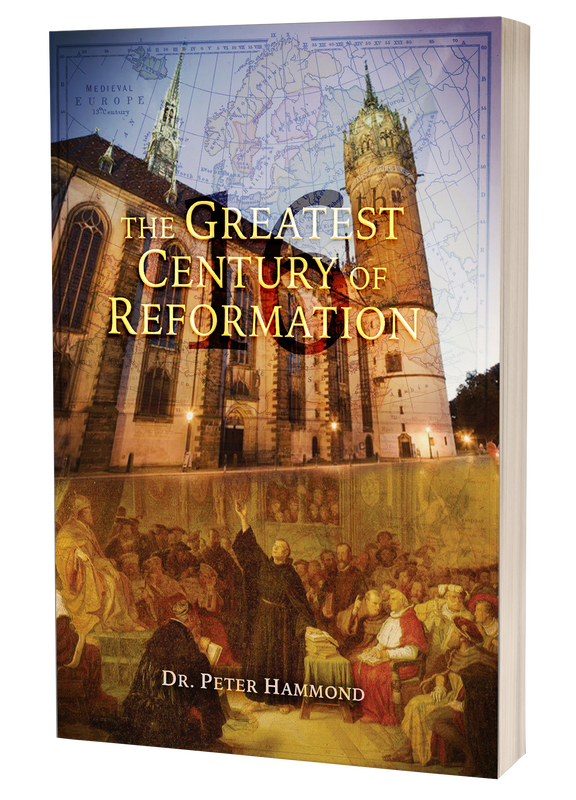
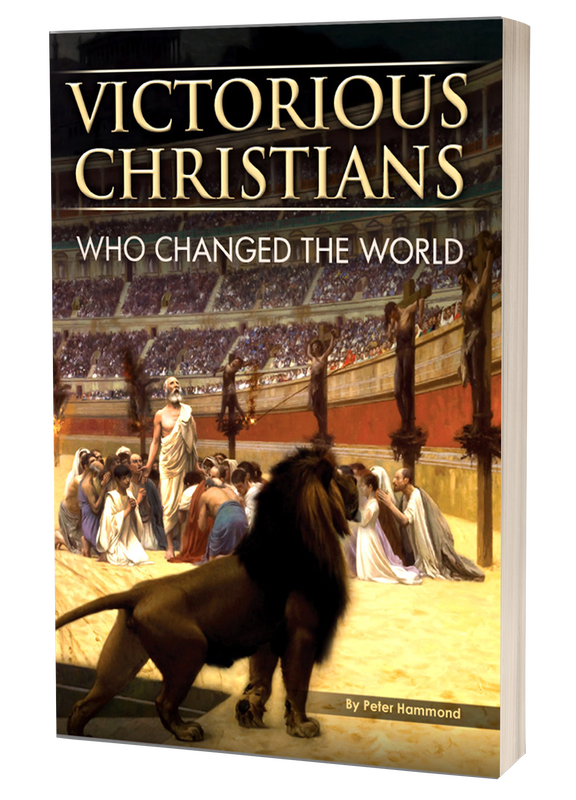
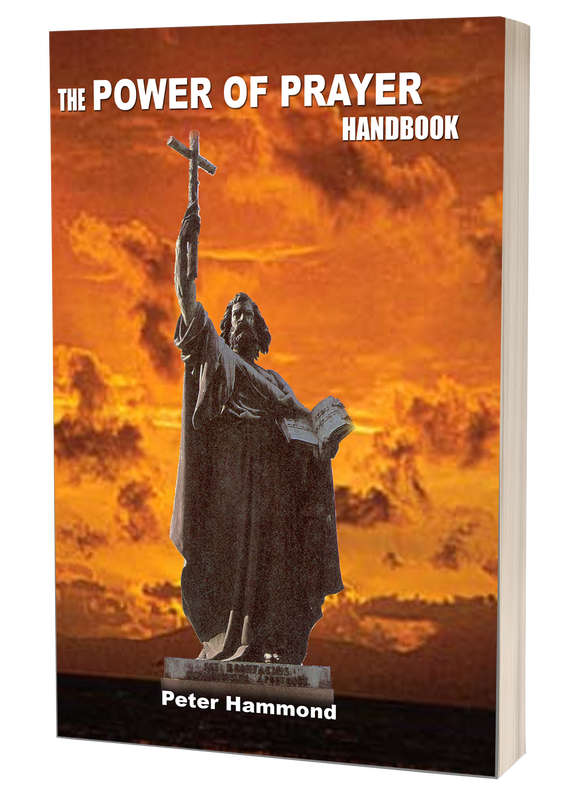
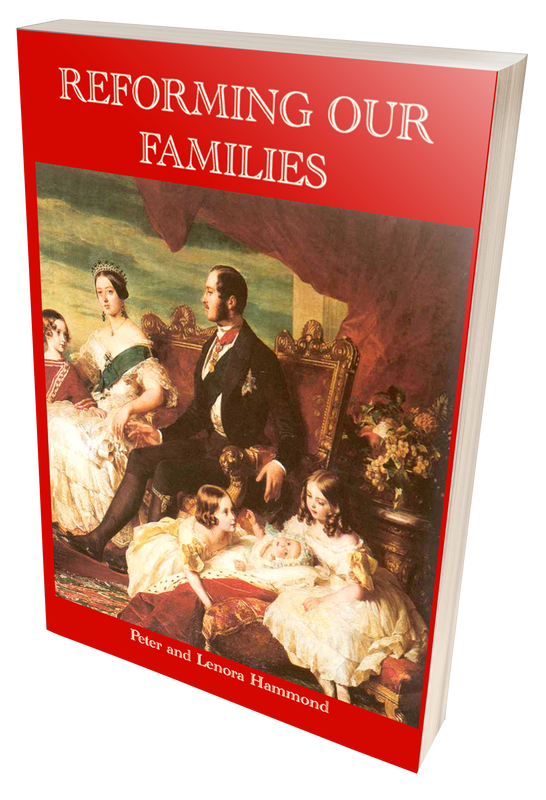
 RSS Feed
RSS Feed

